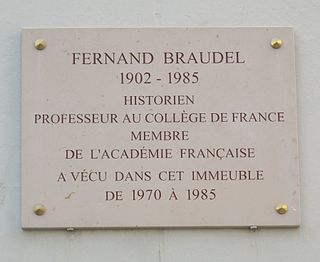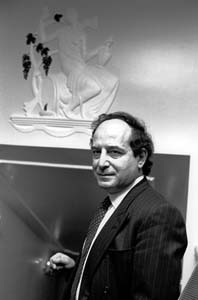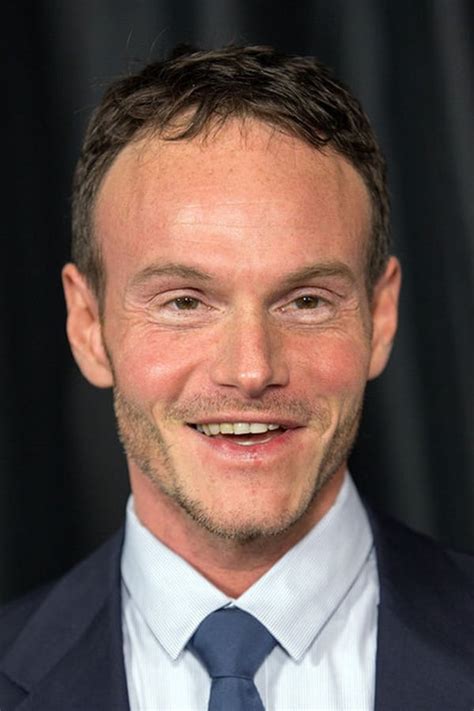A Quote by Leo Tolstoy
In historic events, the so-called great men are labels giving names to events, and like labels they have but the smallest connection with the event itself. Every act of theirs, which appears to them an act of their own will, is in an historical sense involuntary and is related to the whole course of history and predestined from eternity.
Related Quotes
Why does an apple fall when it is ripe? Is it brought down by the force of gravity? Is it because its stalk withers? Because it is dried by the sun, because it grows too heavy, or because the boy standing under the tree wants to eat it? None of these is the cause.... Every action of theirs, that seems to them an act of their own freewill is in the historical sense not free at all but is bound up with the whole course of history and preordained from all eternity.
This is not remarkable, for, as we know, reality is not a function of the event as event, but of the relationship of that event to past, and future, events. We seem here to have a paradox: that the reality of an event, which is not real in itself, arises from the other events which, likewise, in themselves are not real. But this only affirms what we must affirm: that direction is all. And only as we realize this do we live, for our own identity is dependent upon this principal.
Events are the ephemera of history; they pass across its stage like fireflies, hardly glimpsed before they settle back into darkness and as often as not into oblivion. Every event, however brief, has to be sure a contribution to make, lights up some dark corner or even some wide vista of history. Nor is it only political history which benefits most, for every historical landscape - political, economic, social, even geographical - is illumined by the intermittent flare of the event.
Idealism sees the world in God. It beholds the whole circle of persons and things, of actions and events, of country and religion,not as painfully accumulated, atom after atom, act after act, in an aged creeping Past, but as one vast picture, which God paints on the instant eternity, for the contemplation of the soul.
Labels are going to tie you down with a 360 deal, they take percentages of literally every endeavor you're tied to. It's a lot of stipulations and constraints placed on you. What makes it worse is that, in terms of distributing budgets, labels aren't even giving the same amount as they used to. It totally defeats the purpose. My advice would be to get it out there on your own first which will lead you to calling the shots.
This Law -- whether Conscious or Unconscious --predestines nothing and no one. It exists from and in Eternity, truly, for it is ETERNITY itself; and as such, since no act can be co-equal with eternity, it cannot be said to act, for it is ACTION itself...Karma creates nothing, nor does it design. It is man who plans and creates causes, and Karmic law adjusts the effects; which adjustment is not an act, but universal harmony, tending ever to resume its original position.
Art may not have the power to change the course of history, but it can provide a perspective on historical events that needs to be heard, even if it's seldom heeded. After all the temporary influences that once directed the course of history have vanished, great art survives and continues to speak to each generation.
The telling of stories, like singing and praying, would seem to be an almost ceremonial act, an ancient and necessary mode of speech that tends the earthly rootedness of human language. For narrated events always happen somewhere. And for an oral culture, that location is never merely incidental to those occurrences. The events belong, as it were, to the place, and to tell the story of those events is to let the place itself speak through the telling.
You know, there’s a philosopher who says, “As you live your life, it appears to be anarchy and chaos, and random events, non-related events, smashing into each other and causing this situation or that situation, and then, this happens, and it’s overwhelming, and it just looks like what in the world is going on ? And later, when you look back at it, it looks like a finely crafted novel. But at the time, it don’t.





































